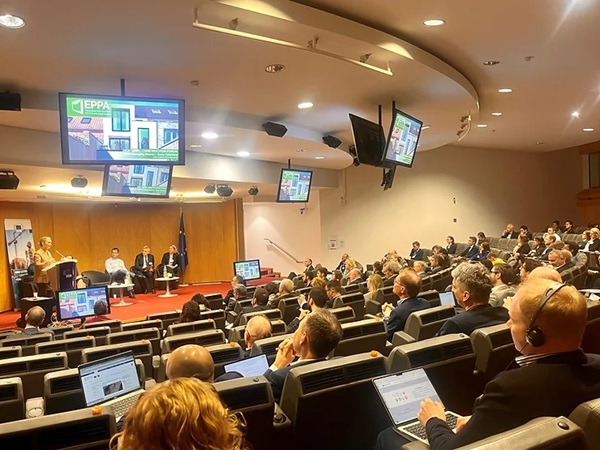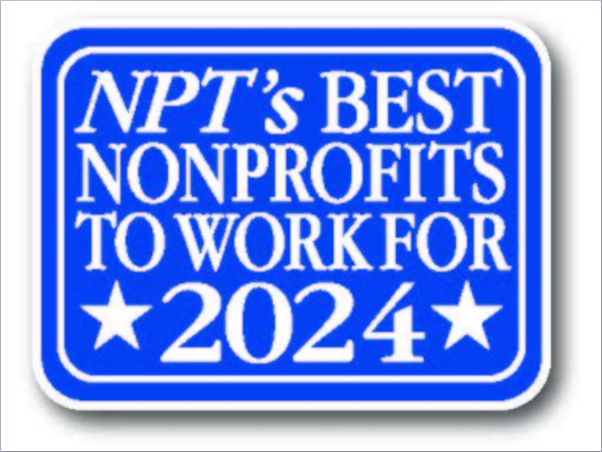Date: 24 April 2015
In light of the regulatory changes foreseen in the EU legislative framework, which will impact Europe’s high-performing glass industry, the adoption of this opinion is opportune.Concrete proposals to support glass competitiveness have been identified. Now it is time to act.
With over 33 million tonnes in 2012, the EU is the world's largest glass producer, generating revenues of some €35 billion. Its 200 companies employ around 200,000 and support 500,000 jobs indirectly. However, the economic downturn has had a serious impact on the glass industry illustrated by a significant decrease in production, and the risk of this key-enabling sector being irreversibly weakened in Europe has become reality. "A supportive and a predictable regulatory environment is vital for Europe's glass sector. Reforms are needed for the industry to continue providing unique and innovative solutions enabling societal aspirations and sustainable growth. The EESC deserves praise for pointing this out so clearly ", said Jacques Bordat, President of Glass Alliance Europe.
Among the EESC conclusions that industry's main trade associations applaud are:
* a call for a European-level industrial policy for the glass industry to safeguard jobs and reinforce its competitiveness.
* its recognition of the potential of glass products in supporting transition to a low-carbon, energy-efficient and circular economy, with consequent business and employment opportunities.
* its recommendation of greater coordination and harmonisation across different European policies and of broad dialogue to reinforce the European based manufacturers.
* its proposal for a proactive policy to recognise, sustain and expand the glass industry's success in recycling.
* the acceptance that a level playing field with competitors from outside Europe is a pre-condition for the sector's prosperity.
The European glass sectors call on the European Commission, the Council and European Parliament to acknowledge the recommendations of the EESC. Jacques Bordat declared “The opinion of the EESC paves the way towards a meaningful industrial policy for the European glass sector. The responsibility of going down that road now lies in the hands of the legislator”.
For information contact:
Veronique Favry, Glass Alliance Europe, Phone: +32 (2) 538.44.46 Mobile: +32 495 80 95 26
Email: v.favry@glassallianceeurope.eu
Glass Alliance Europe is the European Alliance of Glass Industries. It has the unique feature of regrouping all the glass industries to work on common issues. It is composed of 19 national glass associations and of the main sectors of the glass industries: container glass, flat glass, special glass, domestic glass and continuous filament glass fibres. www.glassallianceeurope.eu







Add new comment